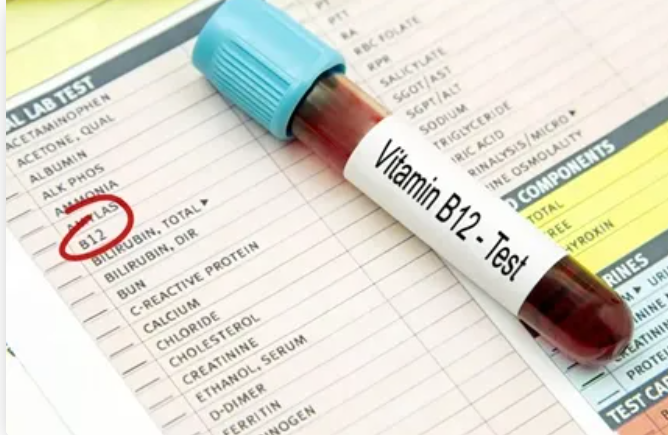Is Your Hair Falling Out? Vitamin Deficiency Could Be to Blame
:max_bytes(150000):strip_icc()/WhyIsMyHairFallingOut-284d62d8bc9f498a93b00b36e7f94053.jpg)
Hair loss can be a frustrating and emotional experience, leaving many wondering about the root cause. While genetics and lifestyle factors play a role, one often-overlooked contributor is a vitamin deficiency. Understanding how nutrient imbalances impact hair health is the first step toward restoring your locks and confidence.
Common Vitamin Deficiencies Linked to Hair Loss
Your hair’s health depends on a variety of nutrients, and deficiencies in certain vitamins can weaken follicles, slow growth, or even cause shedding. Here are some common culprits:
- Vitamin D: This essential vitamin helps create new hair follicles. A deficiency may lead to thinning or brittle strands.
- Biotin (Vitamin B7): Known as the “hair growth vitamin,” biotin deficiencies can weaken the keratin infrastructure of your hair, resulting in excessive breakage.
- Iron: Low iron levels, often associated with anemia, reduce the oxygen supply to hair follicles, leading to shedding.
- Zinc: A lack of zinc can disrupt the protein structure in hair follicles, causing them to weaken and fall out prematurely.
- Vitamin A: While critical for cell growth, an imbalance (too little or too much) can cause hair to dry out or fall out altogether.
Adding high-quality hair supplements to your routine can help replenish these essential nutrients and promote healthier, stronger strands.
Addressing Vitamin Deficiencies for Healthier Hair
If you suspect a vitamin deficiency might be contributing to hair loss, there are steps you can take to address the issue and support regrowth:
- Incorporate Nutrient-Rich Foods
A balanced diet rich in fruits, vegetables, lean proteins, and healthy fats can significantly improve your hair’s strength and vitality. Foods that are high in zinc, iron, and biotin are particularly beneficial. For those dealing with other skin concerns, such as rosacea, consider incorporating foods that help rosacea inflammation into your meals to tackle multiple issues at once. - Supplement Your Routine
In addition to dietary changes, targeted hair supplements can fill in nutritional gaps, ensuring your body receives the essential vitamins it needs to stimulate hair growth and reduce shedding. - Use Topical Solutions
A nutrient-packed hair serum can deliver hydration and nourishment directly to the scalp. Look for serums that contain ingredients like keratin, peptides, and biotin for optimal results. - Consult a Professional
Persistent or severe hair loss may indicate an underlying health condition. A healthcare professional or dermatologist can run tests to identify specific deficiencies and recommend tailored solutions.
Healthy, vibrant hair starts from within, and addressing potential vitamin deficiencies is a critical part of any effective hair care regimen. By combining a balanced diet, targeted hair supplements, and nourishing products like hair serum, you can restore your hair’s strength and vitality. Explore Foundation Skincare for science-backed solutions to support your hair and overall wellness.
4o
